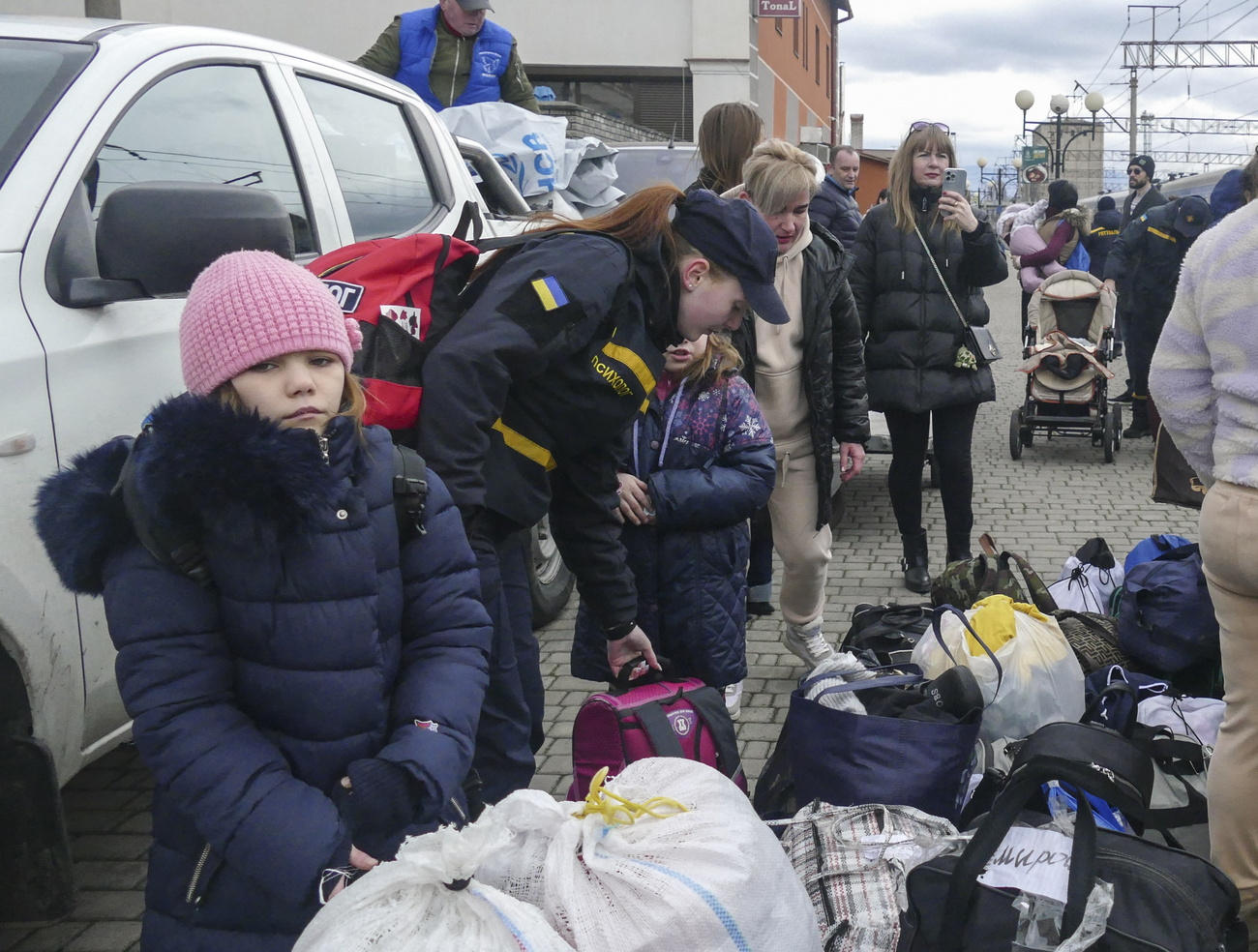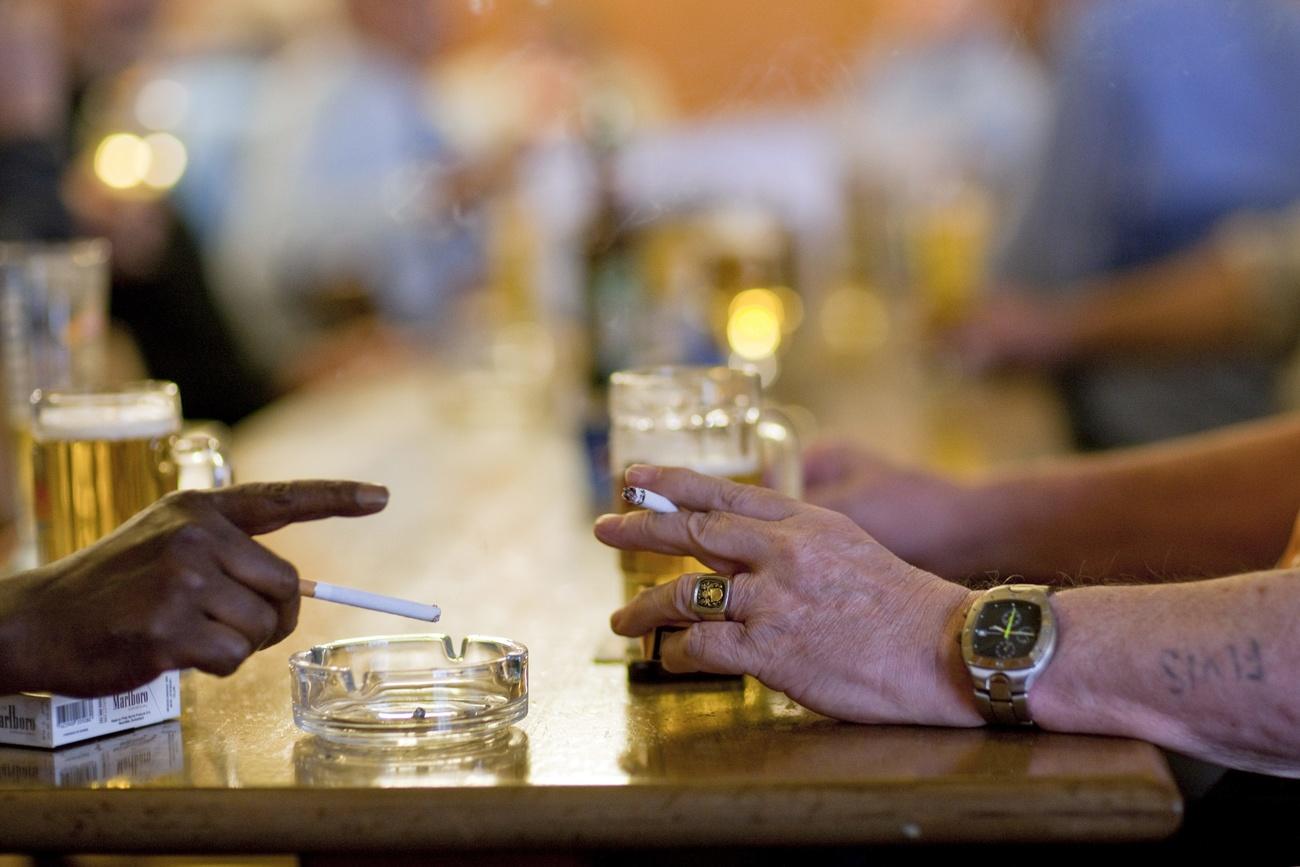
Switzerland ‘more interested in tobacco firms than citizen health’

Switzerland, which is home to several global tobacco firms, has the second-worst record in Europe for controlling the sale and marketing of tobacco products. Only Germany has lighter laws, according to a league table called the ‘Tobacco Control Scale’.
“Switzerland seems to be more interested in the well-being of the tobacco companies than in the health of its citizens,” noted the authors of the annual surveyExternal link, the European Network for Smoking Prevention.External link
In 2013, Switzerland occupied 13th spot in the annual survey, according to the Working Group for Tobacco Prevention SwitzerlandExternal link. In 2019, it slipped 14 places to 35th spot, just one place ahead of bottom-placed Germany.
This is because other countries have tightened up tobacco laws while Switzerland has “very weak tobacco advertising legislation” and is the only surveyed country not to have ratified the WHO Framework Convention on Tobacco Control. In 2017, parliament stripped the government of the power to tax tobacco products, the report notes.
International tobacco companies Philip Morris International, British American Tobacco and Japan Tobacco International all have a strong presence in Switzerland.
Swiss situation
Last year, the Federal Commission for Tobacco Prevention slammed lobbying efforts from the tobacco industry for spiking or delaying new legislation in Switzerland.
Earlier this week, a Federal Statistical Office reportExternal link found that 27% of the population were active smokers in 2017. However, it noted that the number of heavy smokers (more than 20 cigarettes a day) had halved in the last 25 years.
This compares to a 15% smoking rate in Britain and 17% in France.
According to Working Group for Tobacco Prevention Switzerland, tobacco consumption in causes 9,500 deaths in the country per year. This comparison to 250 people killed in road traffic and 2,500 flu mortalities, the group said.

More
Will tobacco-friendly Switzerland change its tune on smoking laws?

In compliance with the JTI standards
More: SWI swissinfo.ch certified by the Journalism Trust Initiative



























You can find an overview of ongoing debates with our journalists here . Please join us!
If you want to start a conversation about a topic raised in this article or want to report factual errors, email us at english@swissinfo.ch.